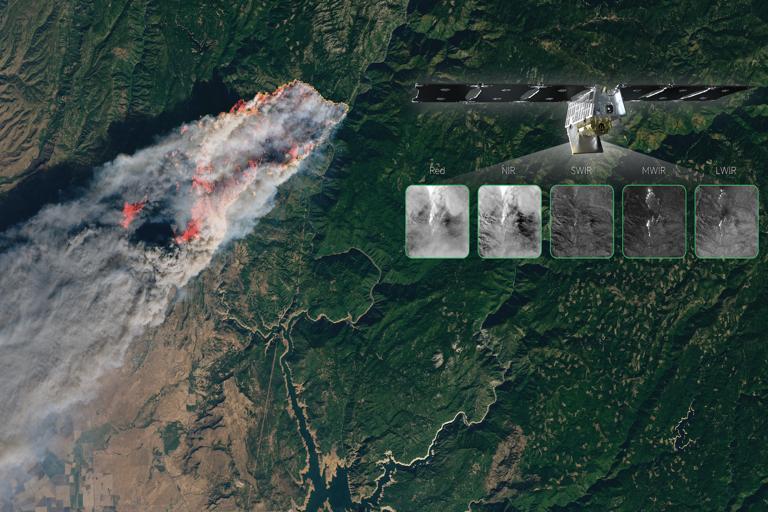Innovation & Tech
Toronto Startup Develops AI to Combat Wildfires
An emerging tech company in Toronto has unveiled an AI-powered system that predicts and helps prevent forest fires across Canada’s most vulnerable regions.

In a modest office in downtown Toronto, a team of engineers is tackling one of Canada’s most pressing environmental threats—wildfires. Their startup, EmberShield AI, has developed a cutting-edge artificial intelligence platform that forecasts wildfire risks using satellite data, wind patterns, and vegetation dryness indicators. The technology, still in its pilot phase, is already drawing attention from emergency services nationwide.
Founder and CEO Alicia Tran, a former climate data analyst, explains that the system was inspired by a series of devastating wildfires in British Columbia. 'We wanted to go beyond reactive firefighting and into predictive prevention,' she says. 'Our AI doesn't just model fire behavior—it anticipates it, giving communities more time to act.'
The AI platform processes terabytes of data daily, sourced from open satellites and local sensor grids. By comparing real-time weather conditions with historical fire outbreaks, the system can detect anomaly zones where wildfires are likely to ignite. These zones are then flagged for review by emergency coordinators in affected provinces.
In a recent trial conducted in Northern Alberta, EmberShield correctly predicted a fire’s potential origin two days before smoke was visible. Firefighters were able to pre-deploy resources, containing the blaze before it spread. The pilot received praise from local officials and sparked interest from provincial ministries.
EmberShield’s technology also accounts for human-related triggers. Using data from tourism patterns, campfire permit activity, and road traffic near forests, the AI refines its threat predictions. 'We include behavior modeling because people are part of the wildfire equation,' says CTO Jayden Markov. 'And our AI learns over time, adjusting forecasts based on outcomes.'
The startup’s approach is part of a broader trend in Canada’s tech sector toward climate resilience. Several universities, including the University of Toronto, are now offering joint programs in environmental science and artificial intelligence, aiming to nurture talent that can address climate emergencies with technology.
Funding for the EmberShield project has come from both public grants and private venture capital. The Ontario Innovation Fund contributed $2 million to the startup last year, while a green tech venture group based in Vancouver added $3.5 million in seed capital. With this support, the company is expanding to Quebec and Saskatchewan.
Despite the enthusiasm, there are challenges ahead. EmberShield must navigate regulatory approval processes for working with provincial firefighting authorities, and its algorithms must be validated across vastly different ecosystems. 'What works in Ontario might not work in the Yukon or Newfoundland,' notes environmental scientist Dr. Emilie Rousseau.
Public adoption is another hurdle. Some rural communities are skeptical of AI-based alerts, preferring to rely on local knowledge and traditional warning systems. EmberShield has launched a community outreach initiative, hosting town halls and training sessions to demonstrate how the tool complements rather than replaces human expertise.
The interface, accessible to both emergency managers and general users, displays color-coded risk maps and provides hourly updates. Tran emphasizes that transparency is a core design principle. 'We don’t want people to feel left out of the loop. The platform should empower, not overwhelm.'
In coming months, EmberShield plans to deploy a mobile version of its system aimed at hikers and outdoor enthusiasts. The app would provide localized fire risk notifications and evacuation alerts—essential tools for areas with limited cellular coverage during emergencies.
With wildfire seasons growing longer and more intense across Canada, tools like EmberShield are becoming vital. Experts agree that prevention and preparation must evolve alongside the climate, and AI might be the lever to tip the balance in humanity’s favor.
Whether EmberShield becomes a standard tool for Canadian firefighting remains to be seen, but its early successes suggest that innovation has a key role to play in safeguarding forests, homes, and lives. And for this Toronto startup, the future is already burning bright—only this time, in the best possible way.